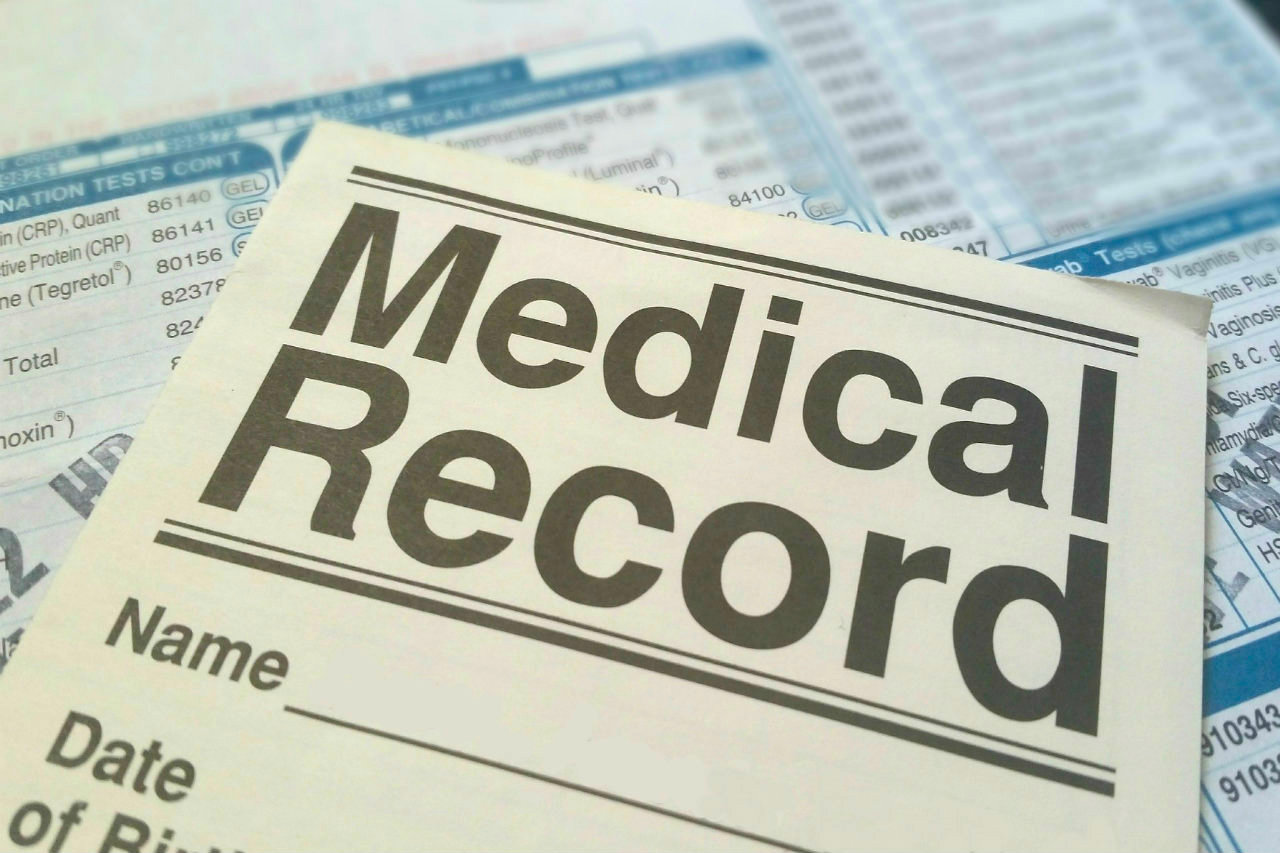When Deborah Ford had her purse and wallet stolen from her car outside a gas station in her Houston neighborhood, she quickly filed a police report, canceled her credit cards and requested a new driver’s license and health insurance card. When she didn’t see anything amiss with her bank accounts, she forgot about it — for two years. Then she got a call from a bail bondsman saying she was going to be arrested for getting more than 1,700 prescription opioid painkillers through local pharmacies. After getting her mug shot and fingerprints taken, she was saved from going to jail because thankfully she’d filed a police report and the judge dismissed the charges. It turns out the thief had altered her driver’s license and used the stolen health insurance card to start doctor shopping in search of painkillers. It wasn’t until a pharmacist got suspicious and called the cops that the ruse was discovered. The story is detailed in this Consumer Reports story about the rise of medical identity theft.
Medical identity theft, according to the Identity Theft Resource Center, is described as “the fraudulent use of an individual’s personally identifiable information (PII), such as name, Social Security number, and/or medical insurance identity number to obtain medical goods or services or to fraudulently bill for medical goods or services using an unlawfully obtained medical identity.”
Indeed, medical identity theft is a fast-growing strain of identity theft — 2.3 million cases in 2014, up almost 22 percent from the year prior — and one that can devastate your life in many ways.
“Because current consumer protections aren’t specifically designed for medical identity theft, experts warn, people need to understand that they may have to take on extensive work to clear up fraudulent bills. Some frustrated victims of medical identity theft simply give up and pay the bills themselves,” according to the Consumer Reports story.
For signs of medical identity theft, check out our blogpost.
Your personal medical and insurance information is valuable to identity thieves, no doubt. The FTC shares a few things you can do to help prevent medical identity theft:
- Be wary if someone offers you “free” health services or products, but requires you to provide your health plan ID number. Medical identity thieves may pretend to work for an insurance company, doctors’ offices, clinic, or pharmacy to try to trick you into revealing sensitive information.
- Don’t share medical or insurance information by phone or email unless you initiated the contact and know who you’re dealing with.
- Keep paper and electronic copies of your medical and health insurance records in a safe place.
- Shred outdated health insurance forms, prescription and physician statements, and the labels from prescription bottles before you throw them out.
- Before you provide sensitive personal information to a website that asks for your Social Security number, insurance account numbers, or details about your health, find out why it’s needed, how it will be kept safe, whether it will be shared, and with whom. Read the Privacy Policy on the website.
- If you decide to share your information online, look for a lock icon on the browser’s status bar or a URL that begins “https:” the “s” is for secure.
Unfortunately for some folks, no matter what safeguards they employ, their identity is still stolen. According to recent statistics, the average identity theft victim spends upwards of 200 hours repairing the damage. That’s the “extensive work” the Consumer Reports article highlighted. That’s where LibertyID can help. Our subscribers save themselves massive amounts of time and stress by having our service to rely on when something does happen. If your identity is stolen, we assign you a personal recovery advocate who will clean up the mess, no matter what kind of identity theft you’re dealing with — tax, Social Security, medical, child or criminal.
Image: Pixabay

